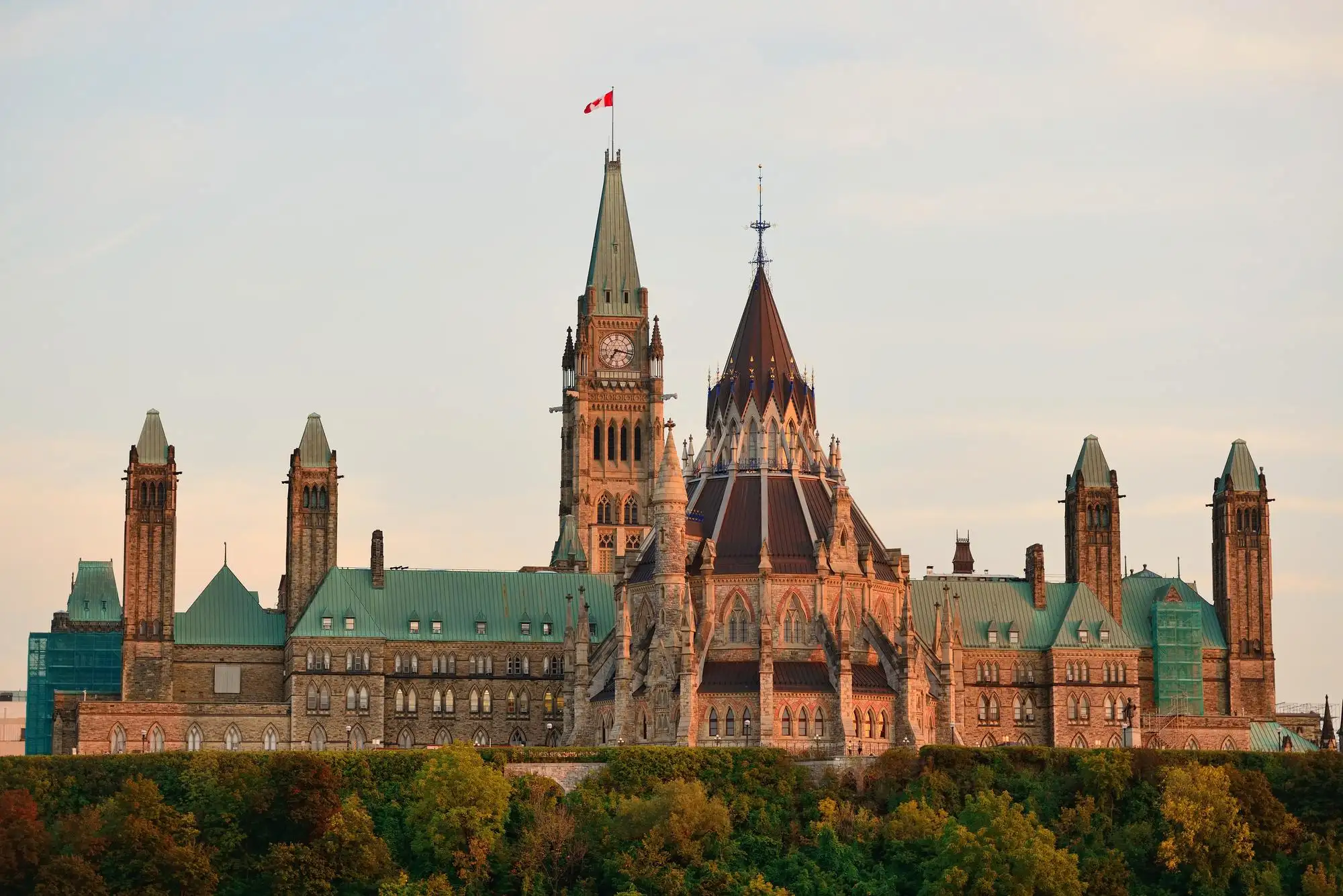The U.S. recently passed the Coronavirus Relief Bill (CARES Act) to provide economic relief measures to individuals and businesses affected by the COVID-19 pandemic. We point our Canadian readers to the Recovery Rebate, the individual tax measures, and the business tax measures that is sure to help U.S. Expats living in Canada and Canadians who do business in the U.S.
Individuals & Families (Including Expats Living in Canada)
- Certain U.S. individuals will be entitled to one-time stimulus cheques (Recovery Rebate)
- Single filers with gross income of up to $75,000 ($112,500 for head of household filers) will be eligible for a $1,200 cheque.
- Couples earning up to $150,000 a year will be eligible for a $2,400 cheque.
- Parents will receive $500 additionally for each child 16 years of age or under.
- The amount of the cheques will be progressively phased out for incomes exceeding those amounts; phase-out will be $5 for every $100 of adjusted gross income exceeding the above thresholds.
- Non-resident aliens who do not have green cards or legal immigration status (i.e. H-1B visas) are not eligible to receive the cheques.
- U.S. citizens living abroad are eligible so long as they meet the income requirements. This is good news for U.S. expats. Expats must have at least filed their 2018 tax return. If these expats already provided IRS with bank account details, then the Recovery Rebate will be deposited into their accounts. Otherwise, a cheque should be mailed based on the address in IRS’s records. This is one reason why certain expats may want to bring their U.S. tax returns up to date. We can help with that.
- It is unclear whether Canada would prevent these persons from receiving the Canada Emergency Response Benefit (CERB). CERB is available to Canadian Residents. However, the CERB Act says that you can’t qualify if you receive any income that is prescribed by regulations. The government has yet to release these regulations to know whether it would prevent a person – who receives COVID-19 benefits from other governments – from getting the CERB.
- The payments are not taxable and are based on your 2020 income. Since your 2020 returns would not have been filed, the IRS will use your 2019 return (2018 if it has not yet been filed) to determine income eligibility for the cheques and any underpayments in entitlements will be captured when filing your 2020 return. Barring certain exception, if you have not filed a U.S. tax return in either 2018 or 2019, you will not receive the stimulus payment now, but it may be received through the filing of your 2020 tax return so long as the other requirements are met.
Tax Relief
Individuals (including Canadians with a U.S. Tax Obligation)
- The April 15, 2020 filing and payment due date for the 2019 individual income tax returns (for most calendar year filers) has been extended to July 15, 2020.
- First-quarter instalments due dates have also been extended.
- Note that not all states may not conform to the federal extension, and each state should be examined individually to determine their measures and whether their filing/payment deadline has also been extended.
- Taxpayers can make an election to increase the 60% gross income limitation on the itemized deduction for charitable contributions to 100% for cash contributions made during 2020 to qualifying organizations.
- The waiving of the early withdrawal penalty for coronavirus-related distribution of up to $100,000 from qualified retirement accounts. The amounts are still taxed, but the taxes are spread over three years.
Corporations/Businesses
- The April 15, 2020 filing and payment due date for the 2019 corporate income tax returns (for calendar year filers) has been extended to July 15, 2020.
- First-quarter instalments due dates have also been extended.
- Note that not all states may conform to the federal extensions, and each state should be examined individually to determine their measures and whether their filing/payment deadline has also been extended.
- Net operating losses (“NOLs”) are temporarily not subject to the 80% taxable income limitation. Additionally, 2018, 2019, & 2020 NOLs can now be carried back five years.
- Clarification is provided that the 80% taxable income NOL limitation is to be calculated without including the 199A deduction or the FDII/GILTI deduction.
- The 163(j) interest expense limitation is temporarily increased from 30% of adjusted taxable income to 50% of adjusted taxable income. Taxpayers can also elect to calculate the interest limitation for 2020 using their 2019 taxable income. As a reminder, the interest expense limitation only applies to taxpayers whose average annual gross receipts are more than $25 million for the prior three years.
- Retroactive modifications are made to the 163(j) interest expense limitation calculation provision. The CARES Act does not address how taxpayers should proceed with correcting prior year returns that were not filed in accordance with the modifications (i.e. amending returns).
- Employers may be eligible for a 50% refundable payroll tax credit on wages paid up to $10,000 during COVID-19 as well as a delay of payment of payroll tax.
- A number of other measures were announced including an acceleration of alternative minimum tax (“AMT”) credit refunds, technical corrections to the Tax Cuts and Jobs Act, etc.
There are still a lot of gaps that need to be filled. We will continue to monitor the developments and keep you up to date.
Mohammed Al-khooly, CPA, CA
Haroon Khan, CPA, CA, CPA (IL)
Martin Lee, CPA, CA, CPA (NH)
Thanusan Raveendran, CPA, CA


